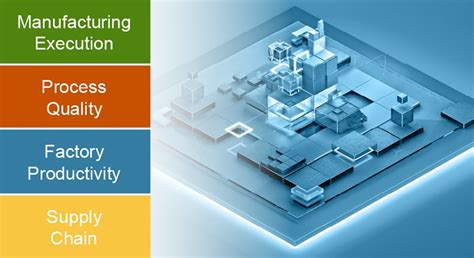Process industries, such as chemical processing, oil and gas, and power generation, rely heavily on precise control and monitoring of pH levels to ensure efficient and safe operations. pH control is critical in these industries, as even slight deviations from optimal pH ranges can lead to reduced product quality, increased energy consumption, and even catastrophic equipment failure.
Inadequate pH control can result in significant economic losses, environmental hazards, and damage to equipment. For instance, in the chemical processing industry, pH fluctuations can lead to the formation of unwanted byproducts, reducing the yield and quality of the final product. Similarly, in the oil and gas industry, pH imbalances can cause corrosion and scaling, leading to equipment failure and downtime.
Understanding pH Control in Process Industries
pH control in process industries involves the precise measurement and adjustment of pH levels to maintain optimal operating conditions. This requires accurate and reliable pH measurement, as well as effective control strategies to adjust pH levels as needed.

Challenges in pH Control
Process industries face several challenges in maintaining optimal pH control, including:
- Variability in process conditions: Changes in temperature, pressure, and flow rates can affect pH levels, making it difficult to maintain optimal control.
- Corrosion and scaling: pH imbalances can lead to corrosion and scaling, reducing equipment lifespan and increasing maintenance costs.
- Limited pH measurement range: Traditional pH measurement instruments may not provide accurate readings across the entire pH range, making it challenging to detect subtle changes in pH levels.
- Interference from other ions: Presence of other ions in the process stream can interfere with pH measurements, leading to inaccurate readings.
Advancements in pH Control Technology
Recent advancements in pH control technology have addressed some of the challenges faced by process industries. These include:
- Advanced pH sensors: New-generation pH sensors offer improved accuracy, reliability, and durability, providing accurate readings across a wider pH range.
- Digital pH control systems: Digital control systems enable precise control and monitoring of pH levels, allowing for real-time adjustments and improved process optimization.
- pH control software: Advanced software solutions provide predictive analytics, data visualization, and alarm management, enabling operators to respond promptly to pH deviations.

Benefits of Advanced pH Control Systems
Implementing advanced pH control systems can bring numerous benefits to process industries, including:
- Improved product quality: Precise pH control ensures optimal operating conditions, resulting in higher-quality products and reduced waste.
- Increased efficiency: Advanced pH control systems enable real-time adjustments, reducing energy consumption and increasing process efficiency.
- Reduced maintenance: Corrosion and scaling are minimized, reducing equipment maintenance and replacement costs.
- Enhanced safety: Advanced pH control systems provide early warning systems for pH deviations, ensuring operator safety and preventing accidents.
Implementing Effective pH Control Strategies
To achieve effective pH control, process industries should consider the following strategies:
- Conduct thorough process analysis: Understand the process dynamics, including pH variability, corrosion, and scaling tendencies.
- Select suitable pH measurement instruments: Choose pH sensors and control systems that provide accurate and reliable readings across the entire pH range.
- Implement digital pH control systems: Utilize digital control systems to enable precise control and monitoring of pH levels.
- Develop predictive maintenance strategies: Implement predictive maintenance schedules to minimize equipment downtime and reduce maintenance costs.

Conclusion
Effective pH control is critical in process industries to ensure efficient, safe, and environmentally friendly operations. By understanding the challenges and limitations of traditional pH control methods, and implementing advanced pH control technologies and strategies, process industries can achieve significant economic, environmental, and safety benefits.
We invite you to share your thoughts and experiences on pH control in process industries. How do you ensure optimal pH control in your operations? What challenges have you faced, and how have you addressed them? Share your comments below!






What is pH control in process industries?
+pH control in process industries refers to the precise measurement and adjustment of pH levels to maintain optimal operating conditions.
Why is pH control important in process industries?
+pH control is critical in process industries to ensure efficient, safe, and environmentally friendly operations, as well as to prevent corrosion and scaling.
What are some challenges in pH control?
+Challenges in pH control include variability in process conditions, corrosion and scaling, limited pH measurement range, and interference from other ions.
